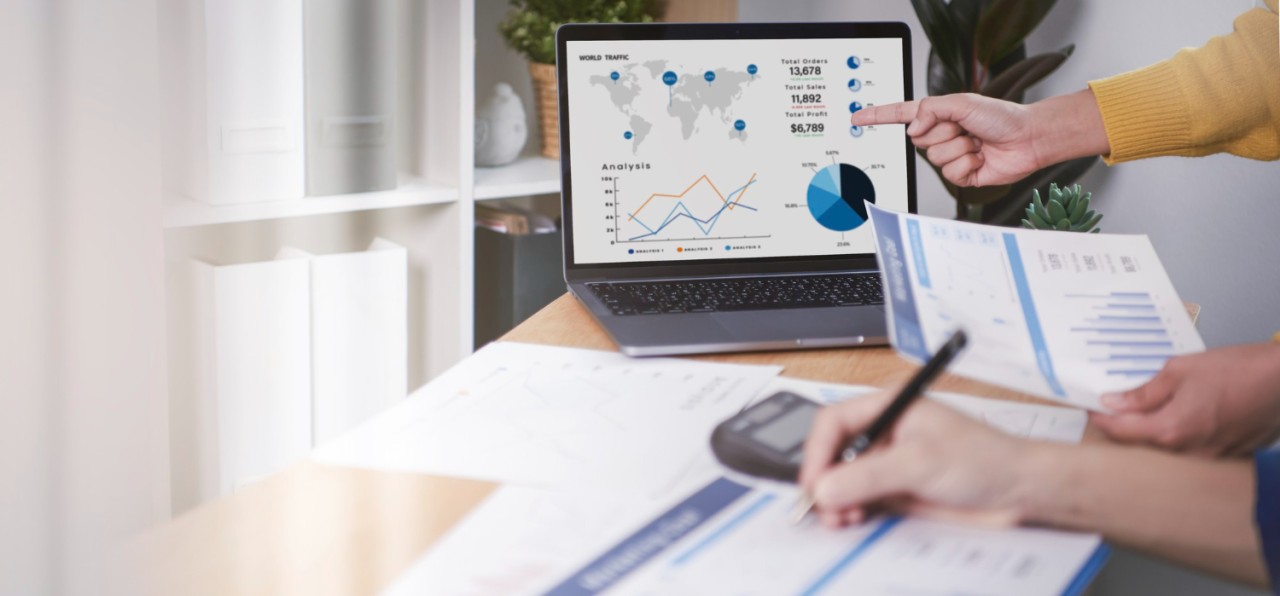Co-founder and co-CEO responds to investor question
Another earnings call, another quarter. Since going public on the NYSE, Lemonade has chosen top-voted investor questions for its executive staff to answer on quarterly earnings calls. This time, shareholders were wondering why Lemonade insiders aren’t buying into the brand – or, at the very least, putting their money where their mouths are.
“How can we expect investors to support the current team if insiders aren’t buying shares at today’s low levels?” said Darren, whose question was read out first as chosen by investors.
The question arose since Lemonade’s stock, which closed at $12.40 on Wednesday, was trading at a far lower level than its post-IPO price of over $70 in July 2020. The insurtech was initially priced at $29 per share.
While the price has risen slightly since the insurer’s financials were released – it opened at $14.51 on Friday, May 5 – it is still a long way from its February 2021 peak of close to $164, which occurred in the weeks after Lemonade co-CEO and co-founder Daniel Schreiber sold 300,000 shares for a windfall of just under $49 million. According to Benzinga data, Schreiber has received $87.13 million in total from share sales, while fellow co-CEO and co-founder Wininger has received $62.14 million.
“Lemonade has been and continues to be by far our largest holding, and we don’t intend to change that anytime soon,” Wininger stated in answer to a shareholder inquiry, focusing solely on his and co-CEO and co-founder Daniel Schreiber’s positions. “We have a significant financial investment in Lemonade and firmly believe in the long-term vision we shared with our shareholders.”
“As a result, we’re both completely financially aligned with our investors.”
Wininger drew attention to himself and Schreiber receiving pay updates paid in shares “with a high strike price,” saying that “this aligns us even further with our investors.”
“In any case,” Wininger stated, “I believe that personal financial decisions of others should not be the primary factor for anyone when deciding to invest in a company.” “People have different considerations, such as cash availability, portfolio balancing, and family and other commitments.”
“I would not advise investors to buy or sell shares by mistaking insiders’ liquidity decisions for signals.”
Other areas of emphasis in the earnings conference were generative AI use – competitors dealing with legacy will struggle to jump on board and may never see the technology live up to “its full potential,” Wininger said – and a $10.1 million decrease in marketing investment.
Last year, the insurer completed its acquisition of pay-per-mile vehicle insurance Metromile, and Wininger highlighted the deal’s data and cost-saving benefits.
“We continue to optimize our operations, and once we are able to transition all of Metromile’s customers to Lemonade systems, we will be able to unlock even more savings,” he said.
Lemonade Q1 2023 results
The insurtech reported a net loss of $65.8 million in Q1 2023, down from $74.8 million in Q1 2022. Schreiber noted a “welcome decline” in the insurer’s net loss ratio, which was 87% for the quarter (Q1 2022: 93%) during the conference call.
Net written premium was $82.7 million (Q1 2022: $35 million), while gross written premium was $164 million (Q1 2022: $110.6 million).
In a letter to shareholders, the insurtech stated that reinsurance deals would be “inked in the coming weeks,” with conversations with reinsurers and regulators having “validated our planned mix of risk retention, ceding to a captive, and commercial reinsurance.”
“We don’t want to get too far ahead of ourselves and talk about terms that are not in place yet,” Schreiber said on the earnings call. “That said, a captive structure is something we’ve considered and designed as a potential future option.”



